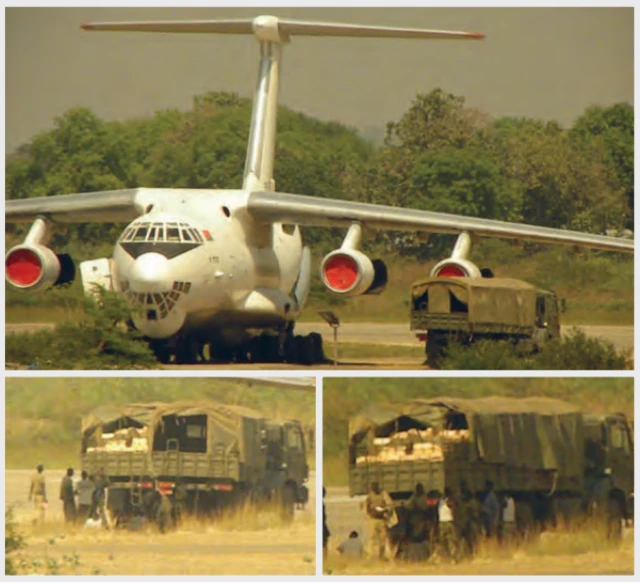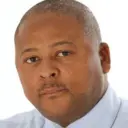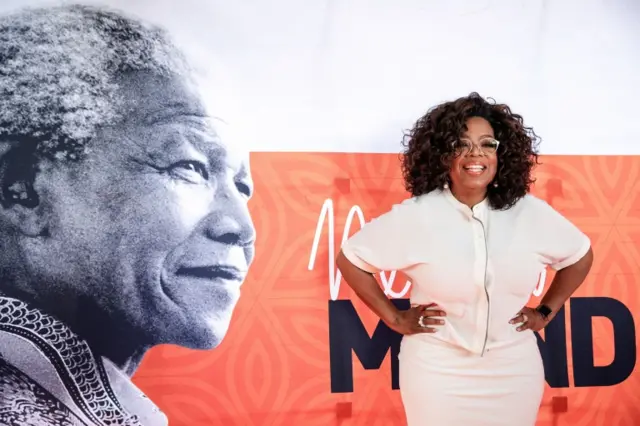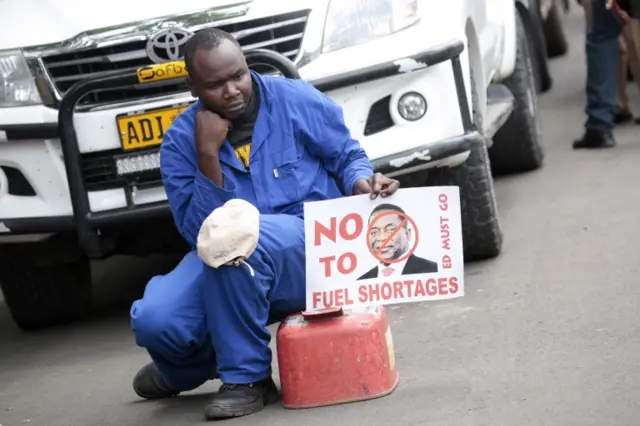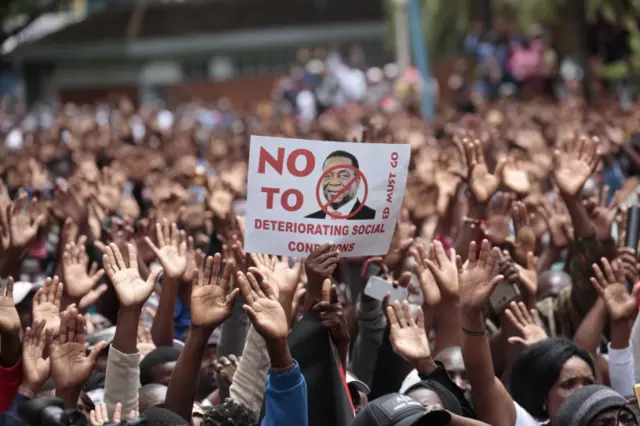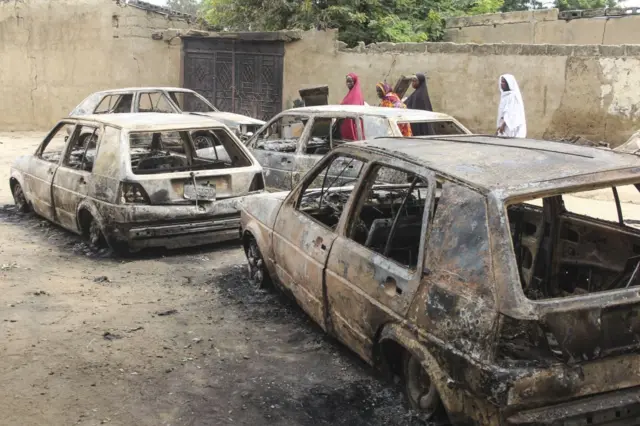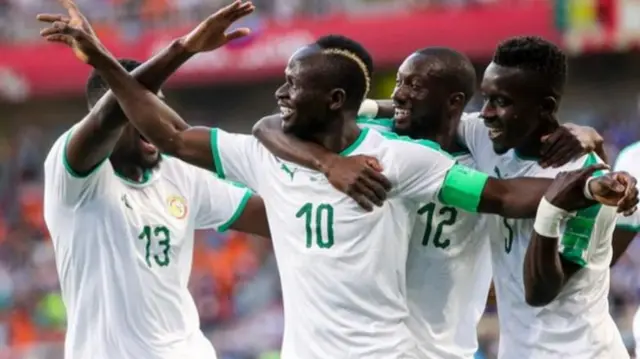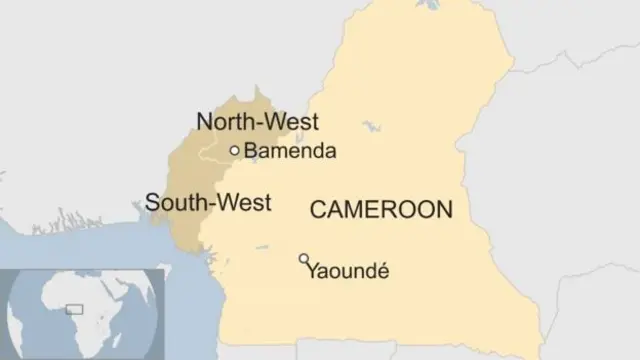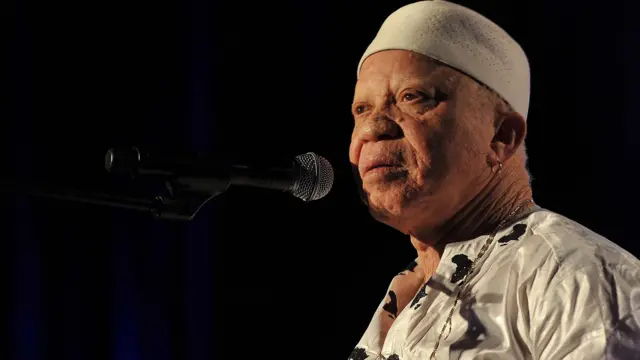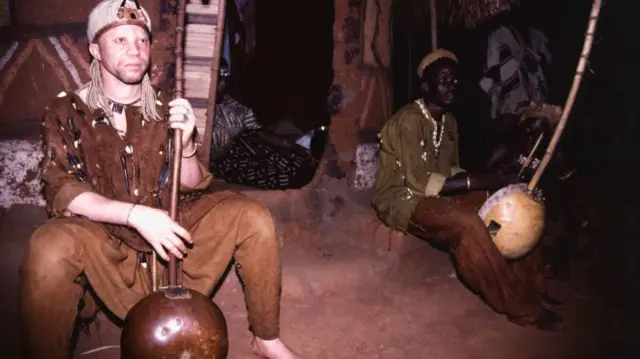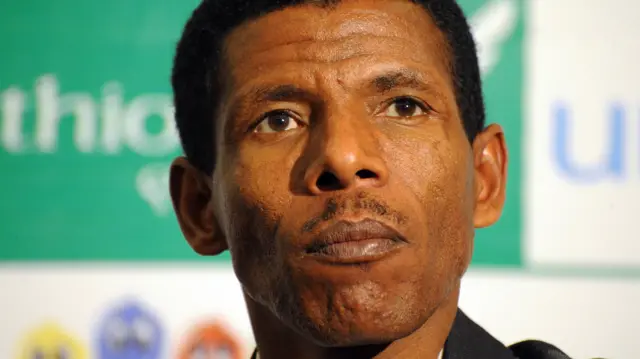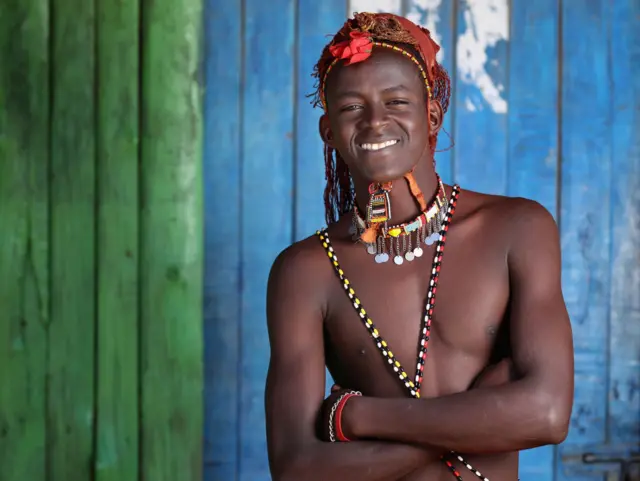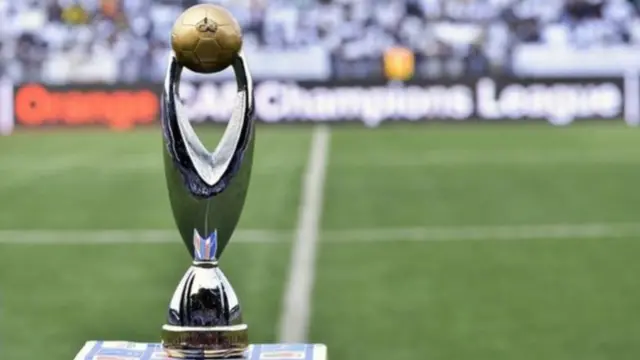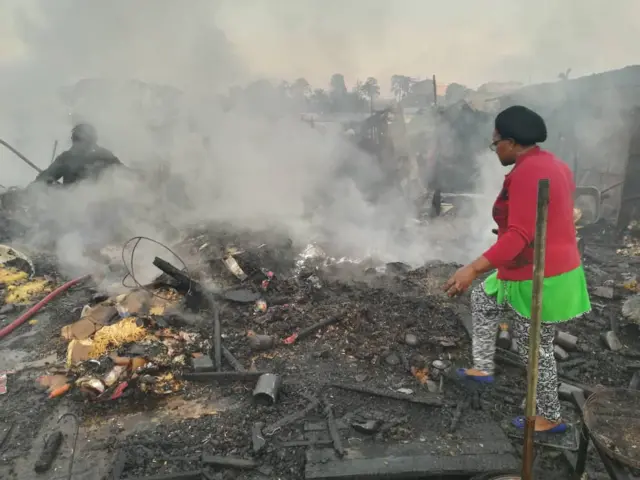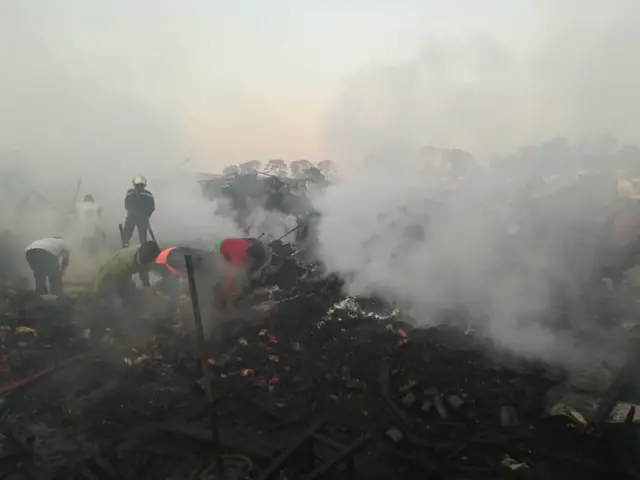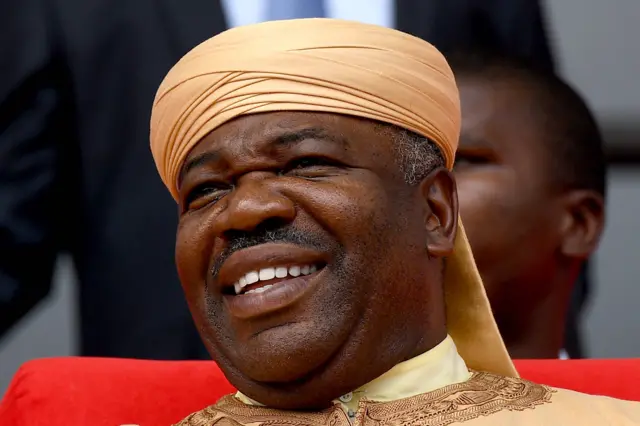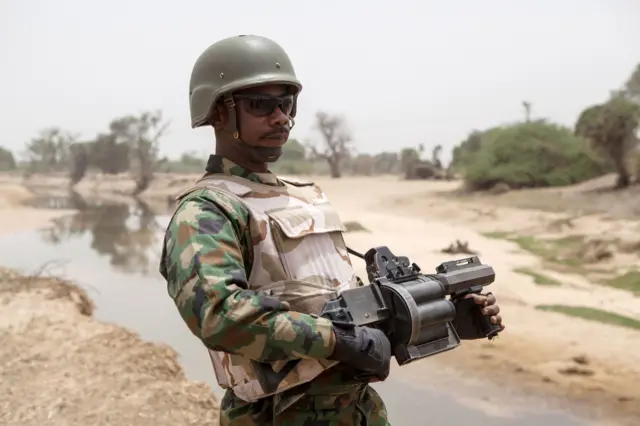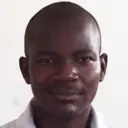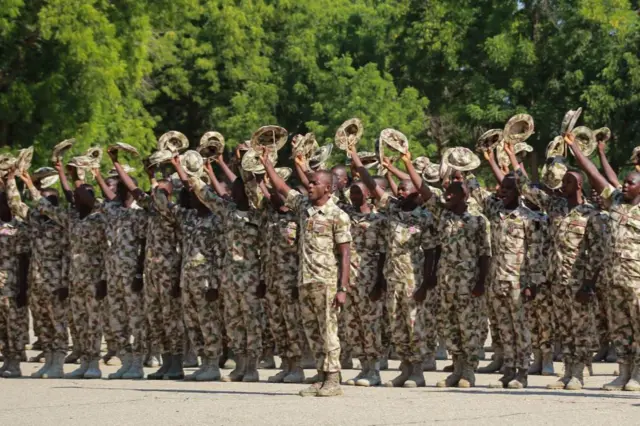Kenya to 'ban pornographic sites for teenagers'published at 17:47 GMT 29 November 2018
 Image source, Getty Images
Image source, Getty ImagesKenya's government plans to restrict access to online pornographic sites in a bid to reduce pregnancies among schoolchildren, Information Minister Joseph Mucheru has told the BBC Focus on Africa radio programme.
His comments came amid growing concern in Kenya about teenage pregnancies. Between July 2016 and June 2017, the Kenyan health ministry recorded almost 350,000 pregnancies in the 15 to 19 age group.
He has ordered the communication regulator to see how children and teenagers can be blocked from watching pornographic sites, Mr Mucheru said.
The government would not want to "condone" children and teenagers accessing pornophrapy online, even if it was not linked to pregnancies.
Read more: Is teenage pregnancy in Kenya really on the rise?
